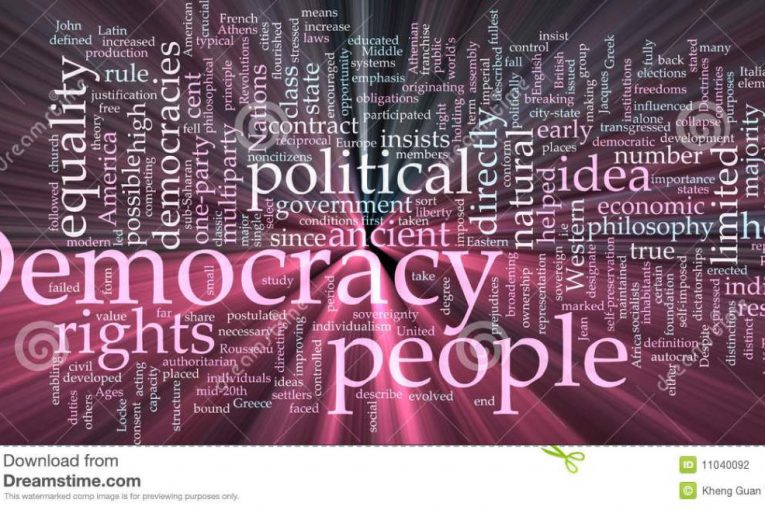
اعداد : بكر يحيى الظبياني
- المركز الديمقراطي العربي
-
مجلة العلوم السياسية والقانون : العدد التاسع والعشرون أيلول – سبتمبر 2021 – المجلد5 – وهي مجلة دولية محكمة تصدر عن المركز الديمقراطي العربي المانيا- برلين.
- تُعنى المجلة في الدراسات والبحوث والأوراق البحثية عمومًا في مجالات العلوم السياسية والعلاقات الدولية،والقانون والسياسات المقارنة، والنظم المؤسسية الوطنية أو الإقليمية والدولية.
Journal of Political Science and Law
للأطلاع على البحث من خلال الرابط المرفق :
الملخص:
يعد بناء مؤسسات الدولة الحديثة القوية شرطا ضروريا لبقاء الدولة والحفاظ عليها من الانهيار، كما تمثل أساسا متينا لرعاية الديمقراطية وترسيخ تجربتها بواقع الحياة السياسية. وبالنظر في الواقع اليمني يتضح أن التجربة الديمقراطية اليمنية ظلت تراوح مكانها مقتصرة على الممارسات الشكلية والديكورية، التي لا تغني نفعا في واقع التداول وسلاسته، حيث كان لمتغيرات ثقافة الإقصاء تأثيرها الكبير فشلا وتعثرا على مجمل التجربة الديمقراطية وسيرورتها السلبية، وأهم التحولات التي رافقتها.
وبما أن الدولة تعتبر انعكاس للمجتمع وللثقافة الذي تأسست فيه كجهاز يحتكر السلطة،فمن دون وجود الدولة ومؤسساتها الراسخة، لا يمكن أن تقوم أي ديمقراطية حقيقية،كما لا يجب إغفال سلوك الحكام والنخبة هله وسلوك في اتجاه تعميق وتعزيز التحول الديمقراطي وتذويب الخصوصيات في الجامعة الوطنية للدولة، أم هي على العكس من ذلك سلوكيات، وممارسات تسلطية شمولية لثقافة اقصائية عقيمة، تؤجج الصراعات وتفرغ الديمقراطية من مضمونها وأهدافها بممارسات ديكورية، ما يحول دون استكمال بناء الدولة وتجذر التجربة الديمقراطية في الواقع اليمني الهش والمضطرب.
Abstract
Building strong modern state institutions is an essential condition for the state to survive the challenges and avoiding collapse. It is also a solid foundation for fostering democracy and consolidating its experience in the political life. Looking at the Yemeni reality, the Yemeni democratic experience has remained stagnant and limited to formal and decorative practices, which do not benefit in the essence of democracy and power-sharing practices. As the changes in the culture of exclusion had a great impact on the failure and stumbling of the entire democratic experience and its negative process, and the most important transformations that accompanied it.
Because a state reflects its society and the culture in which it was established as an apparatus that monopolizes power. Therefore, without the presence of the state and its well-established institutions, no real democracy can be established. Moreover, the behavior of the rulers and the elite should not be overlooked whether it is a behavior in the direction to deepen and strengthen the democratic transformation and the dissolution of idiosyncrasies in the collective national identity or it is, on the contrary, authoritarian behaviors and practices of a sterile exclusionary culture that fuel conflicts and evacuates democracy from its content and goals by applying decorative practices. These practices prevent completing state building and the enhancing the democratic experience in the fragile and turbulent Yemeni reality.
